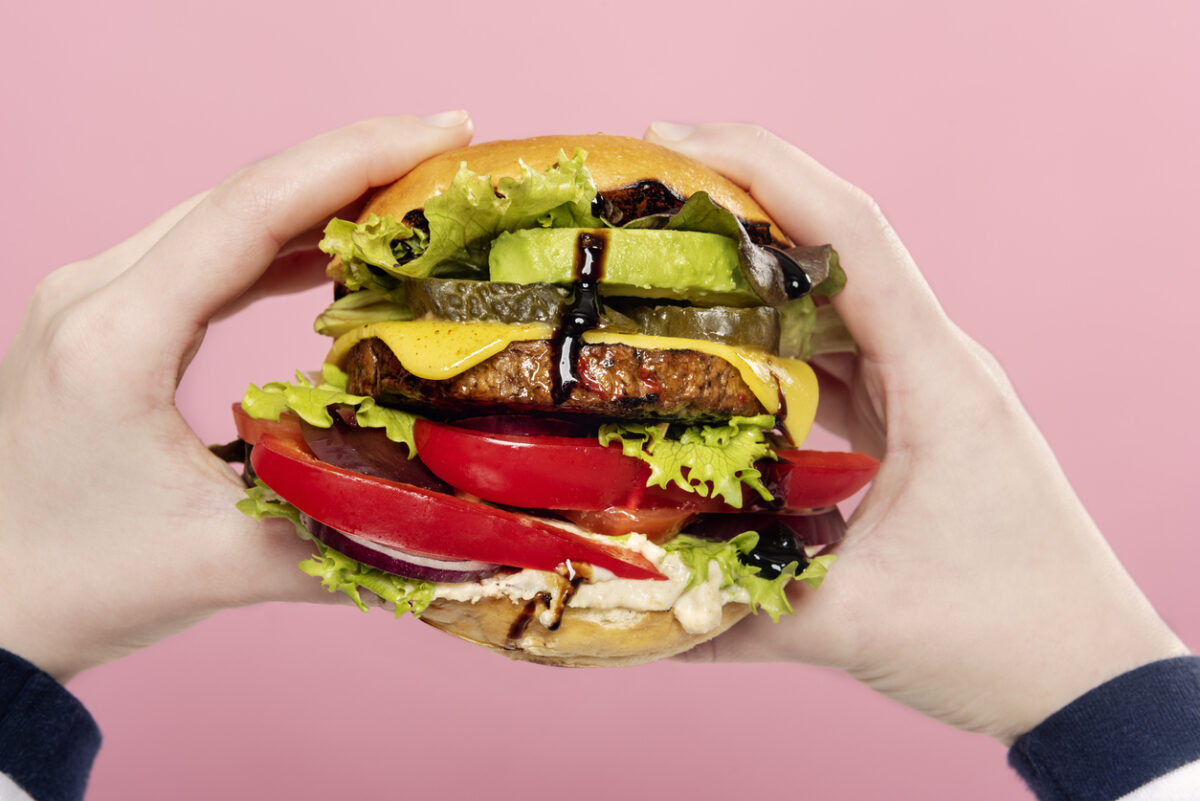Scientists develop sustainable oil from microalgae that could replace palm oil

Researchers from the Nanyang Technological University (NTU) in Singapore in collaboration with The University of Malaya in Malaysia have developed a new edible alternative to palm oil, made from oils found in microalgae.
The ‘superior properties’ present in the microalgae-based oil are said to be healthier and more sustainable than palm oil.
The new palm oil alternative contains more polyunsaturated fatty acids, which are good for reducing ‘bad’ cholesterol levels and lowering the risk of cardiovascular disease or stroke.
The product is also lower in saturated fatty acids than palm oil, which has been proven to increase the risk strokes.
The novel oil is made by adding organic pyruvic acid to a special solution with unicellular algae Chromochloris zofingiensis. This mixture is then exposed to ultraviolet light to start a process of photosynthesis which lasts for 14 days. Once this is complete, the microalgae is washed and dried, and methanol is added to separate the oils from the algae protein, making oil extraction easier.
Approximately 160 grams of algae would be needed to make a 100 grams chocolate bar, according to the researchers.
Professor William Chen, Director of NTU’s Food Science and Technology (FST) Programme and project leader, said: “Developing these plant-based oils from algae is yet another triumph for NTU Singapore, as we look to find successful ways to tackle problems in the agrifoodtech chain, especially those that have an adverse impact on the environment.
“Uncovering this as a potential human food source is an opportunity to lessen the impact the food supply chain has on our planet.”
The NTU was also able to address food waste in how they source the key reaction ingredient, pyruvic acid, through the fermentation of soybean residue and fruit peel.
In addition, the researchers noted that if they are able to scale up their production process, they may be able to use natural sunlight instead of ultraviolet light for photosynthesis, which could help the microalgae reduce carbon dioxide levels as it has been proven to be able to convert it into biomass and oxygen on a small scale.
Professor Chen continued: “Our solution is a three-pronged approach to solving three
pressing issues. We are capitalising on the concept of establishing a circular economy, finding uses for would-be waste products and re-injecting them into the food chain.
“In this case, we rely on one of nature’s key processes, fermentation, to convert that organic matter into nutrient-rich solutions, which could be used to cultivate algae, which not only reduces our reliance on palm oil, but keeps carbon out of the atmosphere.”
Palm oil farming is well known for being an unsustainable product causing deforestation.
According to the Global Market Report on Palm Oil from 2019 published by the International Institute for Sustainable Development, 77M tonnes of palm oil were harvested by farmers in 2018, and this number is expected to go up to 107.6M tonnes by 2024.
The research that has gone behind the creation of the microalgae oil has been published in the February 2022 edition of the Journal of Applied Phycology.








